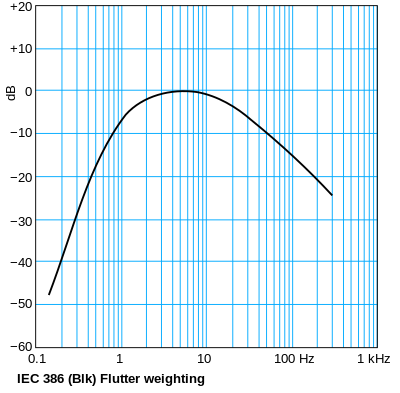I am asking this not to state ABX is flawed but more curious if any of those who have done ABX tests also did further blind tests that are subtly different.
Has any of those who have done these tests (whether running or participating) also done what I would call A/X comparing, meaning that there is always only one constant (A). while X is what can change and could be A or different.
So in our audio example A could be Krell SA50 and B is a Crown amp, for the 12+ tests a listener would need to decide if X matches A or is different.
This benefits from removing from a cognitive perspective two constants that occur with ABX, and simplifies the process that should provide matching results.
I mention the following very loosely as it is not usually applied to this type of ABX scenario, but my only thoughts about ABX comes down to cognitive uncertainty heuristic and anchoring bias - I want to stress this has never been proven or even discussed constructively in the context of ABX or even audio.
Both do need to be removed from any blind testing, and this is a verrry long shot (hence my use of the term very loosely) but it is interesting we are talking about small differences where uncertainty will come into effect, and we also have the slight possibility of anchoring reinforcing nulls due to more than one contant.
Of course it may be argued that any subtle comparisons such as these blind audio tests can result in anchoring even if it is not ABX.
But then all factors contributing should be weighted in analysing the statistics/behaviour of the test.
Hence why I am interested if anyone has also backed up their AB/X with A/X.
I am with JA that IMO it is incredibly difficult to remove all factors that you do not want when it comes to blind testing - this is covered in the discussion between JA and Arny on the ABX debate, so if want to hear more with both sides presenting useful info it is worth listening to.
Personally I would like to see more of ABX tests done using a rather complex hardware/software setup that records/analyses the responses of the listener - how many times they use A and B and duration, how many times switch, length of time for decision selection,etc.
I cannot find the paper and IMO it is not complete but they identified a subtle AB order bias when doing a sound perception study using trained/professional staff.
They only identified this due to what I mention about using a complex hardware/software setup that could analyse completely the behaviour of the participant.
I want to stress that the AB order bias did not invalidate their own results as they could weight this factor in analysing, also while they identified this bias behaviour they do state that the mechanisms involved is unknown and further study (new tests/model/etc) would be required.
Also the affects in their testing was slight, so I would not say this invalidates ABX but is an example how complex blind testing can be as stated many times by JA.
Apologies for the lengthy post, if responding please split between my asking on A/X and the rest I go on about that I have not the time to proof read (sure some will have a lot to say

)
Thanks and have a good weekend all

Orb







